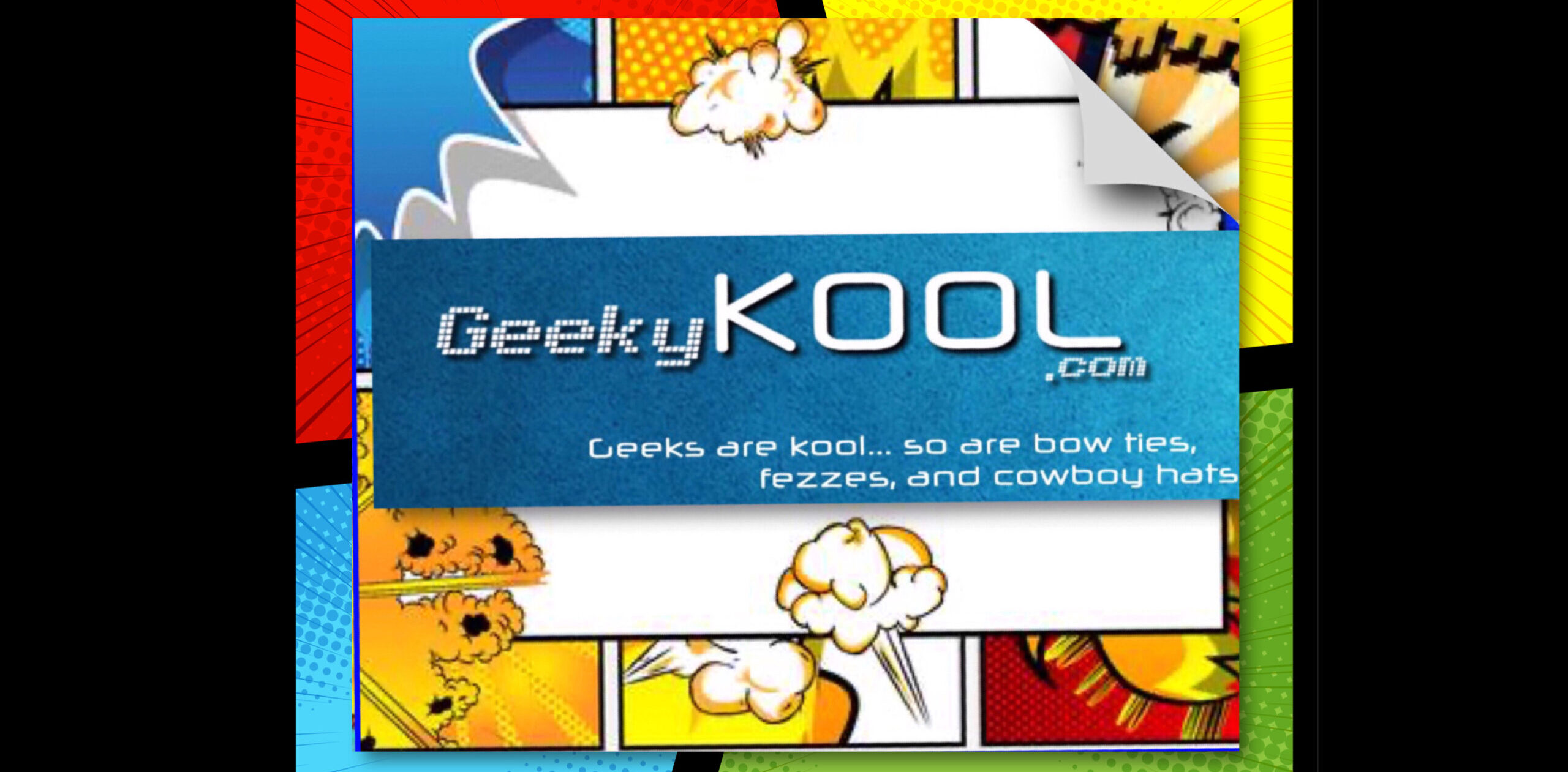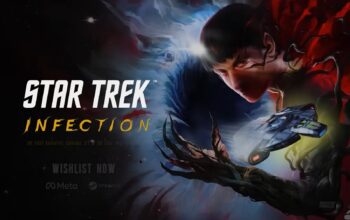Almost Universal Translator Coming to an App Near You
By Guest Writer: James Frater
Born in 1963, I grew up during the tail end of the cold war. My wife is about my age and can remember elementary school air raid drills, hiding under her school desk, which was apparently coated with a generous thickness of led, since wood offers almost no protection from H-bomb radiation. (Neutrons? Alpha particles (Helium nuclei)? It’s been too long. I could look it up, but, “H-bomb radiation” says it all.) I grew up in a different part of the country, where budget cuts forced us to ditch the radiation shielding in our desks and classroom windows (transparent aluminum offers some protection, but it was too expensive because it wasn’t invented yet), so there was no point in doing such drills, though they did still have the yellow and black fallout shelter signs around the school. Apparently, it was important to protect the boiler from nuclear fallout, because the boiler room in the basement was the fallout shelter. Apparently, duct tape was not in wide use yet – oh wait, that’s chemical weapons, excuse me.
With all the negative future in the news, TV, and movies, Star Trek captivated me with its positive view of the future. Not only do we make it w/o blowing ourselves completely up (nuclear WW III was only mentioned in passing in a few episodes at this point), but we managed to make friends w/all manner of aliens and formed the United Federation of Planets (UFP). If Arkansas and Missouri can be in the same union, why not Tellarites and Terrans?
One of the geeky kool gadgets was the universal translator. This device let you quiz aliens to get the score of the latest playoff game. This was also a necessary device because it prevented the first 40 minutes of every episode from consisting of, “ME…KIRK! WHAT…YOU…NAME? NO NO, THAT ROCK, ME KIRK!”
Here is a picture of the universal translator from Star Trek:

Of course, there were situations where speech barriers did not necessitate a translation device in order to achieve clear communications. In Star Trek’s, “The Tholian Web,” the Tholians sent a clear message with a minimum of verbal communications. The said, “Scram” at the beginning of the episode and then started spinning their very big trampoline thingy** that would bounce the Enterprise back to their own turf. **Some astronomical terms in this article are not defined because they are beyond the knowledge level of even the geekiest.
Well, while not universal, a 95% (according to USTAR) coverage device will soon be on the market. The Universal Speech Translation Advanced Research (USTAR) Consortium will be publishing an iPhone app in time for the London Olympic games. Really. The device covers 31 languages, though Klingonese* and Ferengi are conspicuously absent. You’ll just have to get Sheldon Cooper to officiate your Klingon* wedding for now. I only know how to say a swear word or two and “beam me up”, not quite enough to get two people hitched, or else I would gladly offer my services. *In, “The Trouble with Tribbles,” Klingonese was used; later, just Klingon is used to refer to the language; I use both.
According to the USTAR web site, the application is dubbed, “VoiceTra4U-M”. While VoiceTra4U-M is a, “multi-device application”, a casual perusal of USTAR‘s site did not turn up platforms other than the announced iPhone. With such a globally-oriented device, the other platforms may be ones popular in other parts of the world, but with little or no coverage in the US, but I am just speculating here.
The tool was developed using Julius and Sphinx 4, two speech-related software modules licensed with a “BSD-style” license. The translator has both voice and text modes. It can handle input of in any of 8 languages, voice output 10 languages, and text input in 31 languages.
Just how good is the translation? I don’t know, but hopefully your friendly greeting won’t come across as, “Let’s sing the song of placing live chickens in our arm pits.”
In a related story, the Federation science division is suing USTAR for patent infringement.



